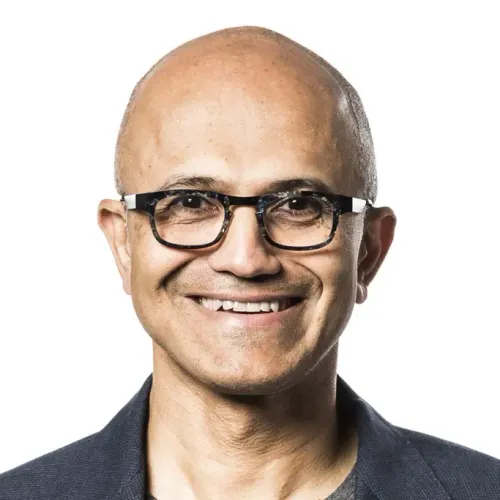How Did QIP Fundraising Reach a 5-Year Peak with SBI's ₹20,000 Crore Issue Receiving 4 Times the Bids?

Synopsis
Key Takeaways
- QIPs reached a five-year fundraising high in July.
- SBI's QIP mobilized ₹20,000 crore with strong demand.
- Other companies also raised significant funds through QIPs.
- Investor interest is high, reflecting market confidence.
- 2025 shows promising trends for institutional fundraising.
New Delhi, July 18 (NationPress) Qualified Institutional Placements (QIPs) have shown remarkable growth in July, primarily driven by the State Bank of India's (SBI) recent fundraising efforts, propelling the total QIP fundraising to a five-year high of over Rs 30,000 crore.
QIPs allow listed companies to secure capital without the need for extensive legal documentation to regulatory authorities.
This month alone, ten issuances have generated over Rs 30,470 crore, marking the most significant monthly performance for QIPs since September 2020, when companies collectively raised more than Rs 39,000 crore.
Central to this surge is SBI’s groundbreaking QIP on July 17, which mobilized over Rs 20,000 crore. The offering attracted substantial investor interest, with demand reportedly surpassing supply by nearly four times.
Numerous reports indicate that the SBI QIP has garnered keen interest from both global and domestic investors, amounting to around Rs 1 lakh crore.
The month of July has also witnessed several other prominent QIP transactions. CG Power raised over Rs 3,000 crore, while Marathon Nextgen and Navin Fluorine secured Rs 900 crore and Rs 750 crore, respectively.
Additionally, various mid- and small-cap firms have sought institutional funding during this month.
The momentum in fundraising for 2025 remains robust beyond July.
This year, Biocon raised Rs 4,500 crore through a QIP, followed by Hitachi Energy (Rs 2,500 crore), IREDA (Rs 2,000 crore), UCO Bank (Rs 2,000 crore), and Capri Global Capital (Rs 2,000 crore).
In June alone, seven companies collectively raised over Rs 14,000 crore.
Overall, 30 companies have raised nearly Rs 60,000 crore via QIPs in 2025, reflecting the vigorous activity seen in 2024, when 95 firms gathered more than Rs 1.37 lakh crore.
SBI set the floor price at Rs 811.05 per equity share for its Rs 20,000 crore bonds after the board of directors approved the strategy to raise funds through bonds issued to domestic investors.









